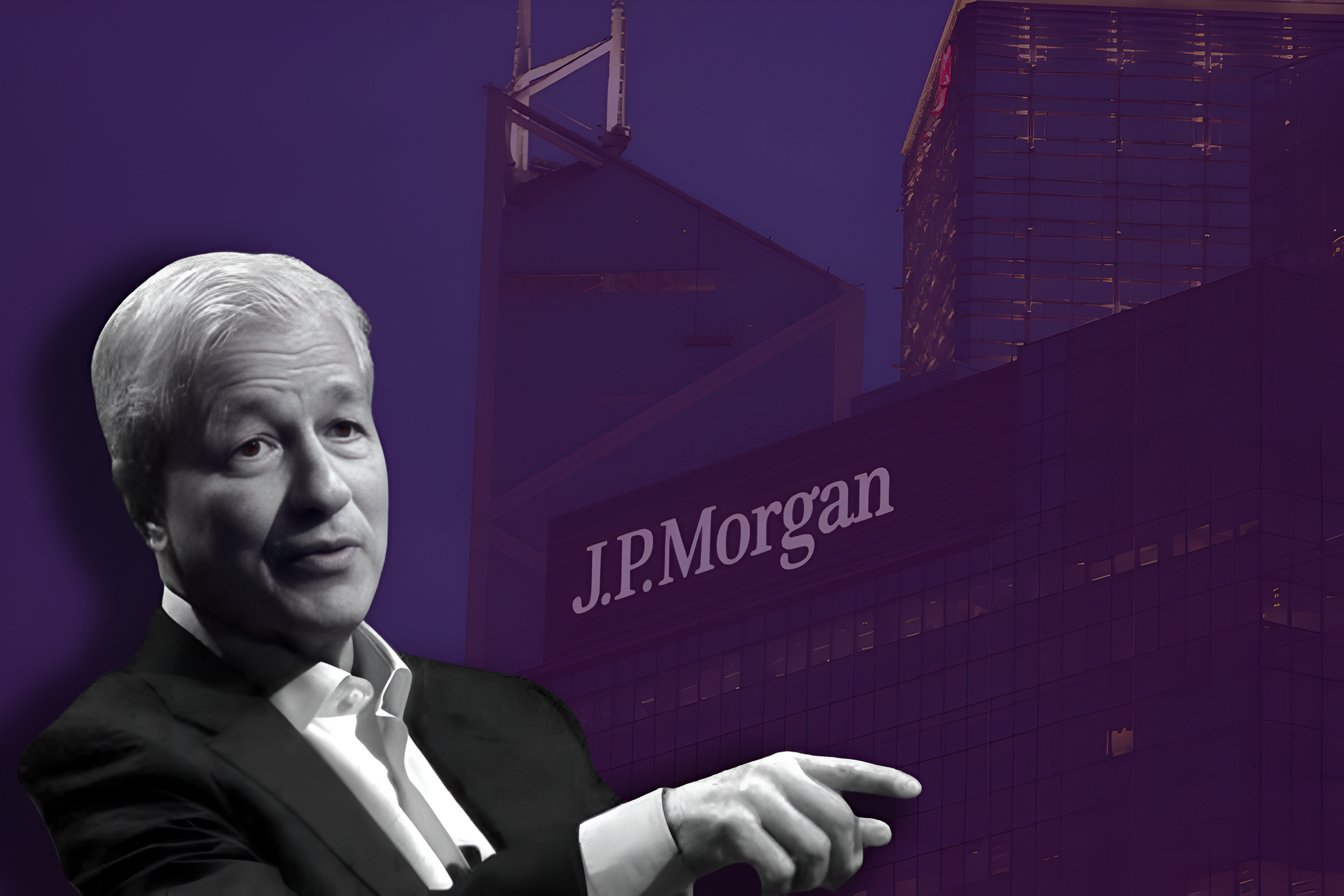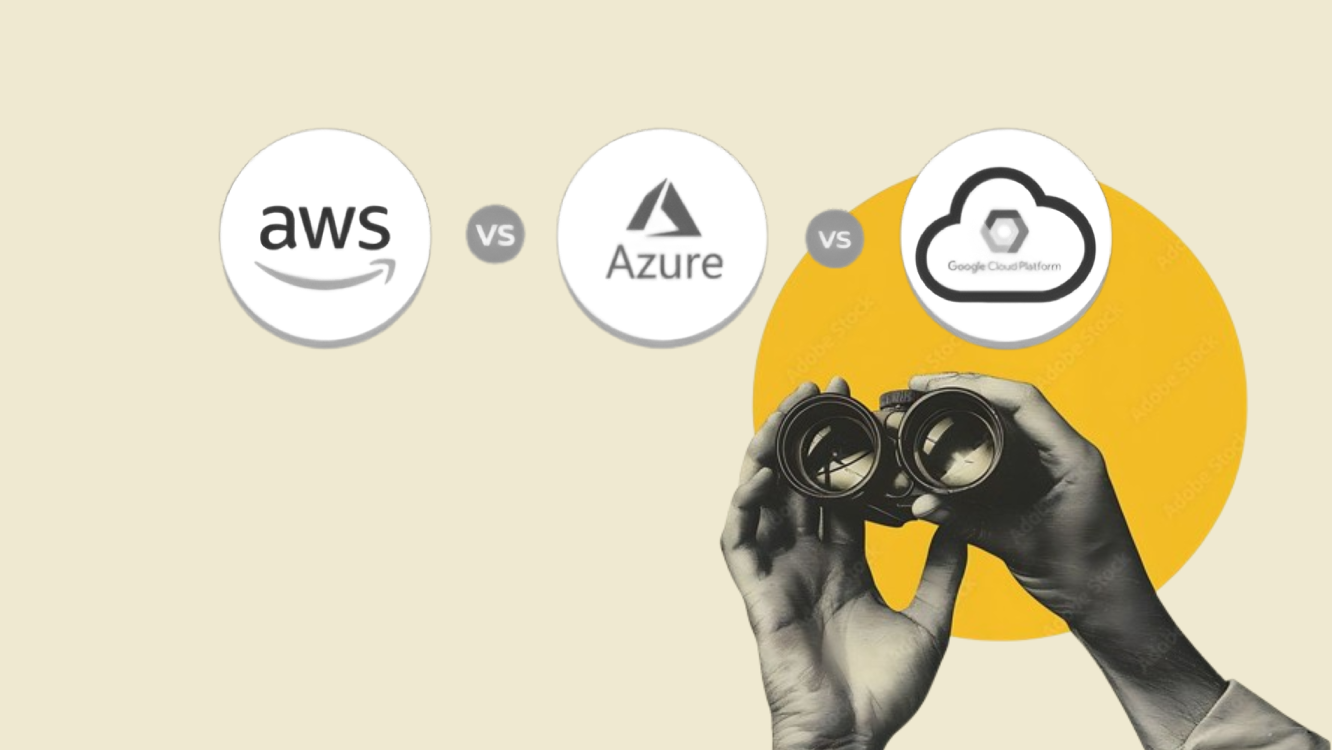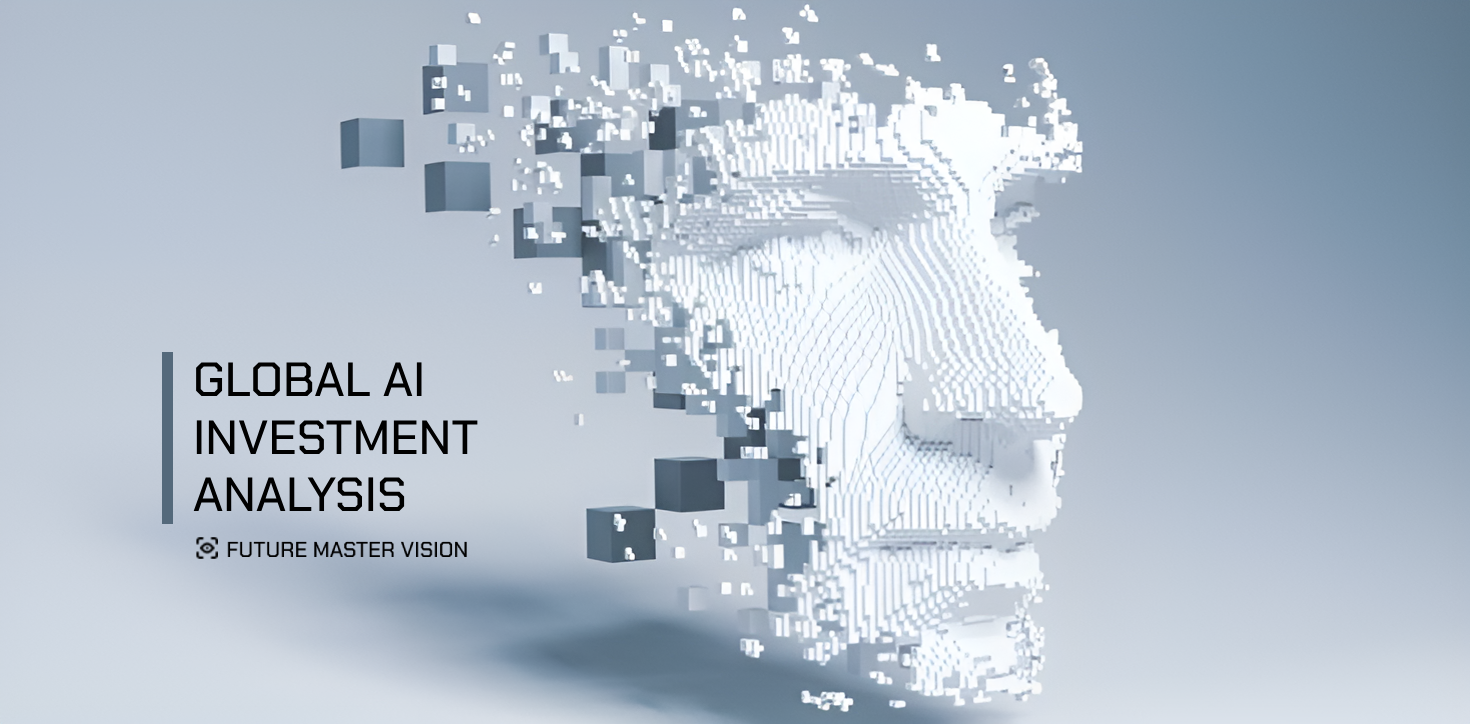In an era defined by digital disruption and economic volatility, JPMorgan Chase & Co. is betting on artificial intelligence (AI) and resilient consumer behaviour to deliver stronger returns in 2025. The US banking titan has projected a potential $1 billion increase in net interest income (NII) this year, while doubling down on AI to boost operational efficiency and reduce long-term costs.
At the heart of this vision is Jamie Dimon, Chairman and Chief Executive Officer of JPMorgan, who continues to steer the company through market turbulence with a blend of fiscal conservatism and technological ambition.
Forecasting a $94.5 Billion Interest Windfall
During the firm’s annual investor meeting in New York, Chief Financial Officer Jeremy Barnum revealed that JPMorgan’s net interest income could rise to $94.5 billion in 2025 $1 billion higher than earlier estimates.
Net interest income reflects the gap between what banks earn on lending versus what they pay out on deposits. Barnum, however, cautioned investors not to interpret this as a formal upward revision yet:
“The evolving tariff environment, combined with pre-existing geopolitical tensions, adds significant uncertainty into the economic outlook.”
In the face of global headwinds, the bank's confidence is underpinned by the surprising robustness of US households and small businesses.
Consumers Are Resilient—But Cautious
Marianne Lake, CEO of Consumer and Community Banking, provided key insights into market sentiment. She noted that both consumers and small businesses remain financially stable, but confidence levels have taken a downturn:
“What has definitely worsened is consumer confidence and small business sentiment.”
This caution is visible in reduced spending intent, but not yet in credit performance. JPMorgan’s continued dominance in US consumer banking suggests it can weather sentiment-driven headwinds—if it adapts intelligently.
Artificial Intelligence: A £14 Billion Commitment
JPMorgan is not simply relying on macroeconomic resilience. The firm has committed a massive $18 billion (approx. £14 billion) technology budget for 2025, with a significant portion allocated to AI initiatives.
Lake highlighted that the operations team is leading the implementation of new AI tools, aimed at streamlining backend processes and reducing inefficiencies. Over the next five years, the bank expects a 10% reduction in headcount, largely driven by AI automation.
This shift reflects a broader trend in global banking, where AI is not just a support function but a strategic engine for profitability and transformation.
Cautious Acquisitions: Growth Without Overreach
Although flush with capital, JPMorgan has stated it will remain selective about acquisitions. CFO Barnum explained:
“We are open to inorganic growth, but we’ll be appropriately cautious due to the challenges of integration.”
Following its acquisition of First Republic Bank in 2023, the bank has focused more on internal optimisation through AI and technology than on expanding via traditional M&A.
Risk Landscape: Credit Trends and Charge-Offs
As the firm grows its credit portfolio, JPMorgan projects a net charge-off rate of 3.6% for 2025, with a potential increase to 3.9% by 2026. This refers to credit card balances unlikely to be repaid.
Despite the rise, the bank appears undeterred. It holds 17.3% of total US credit card spending and aims to expand that to 20%, signalling confidence in consumer repayment capability.
Retail Deposits and Market Share Ambitions
JPMorgan currently controls 11.3% of the United States’ retail deposits and has reiterated its ambition to increase this figure to 15%. Its dominance in consumer banking is a cornerstone of its financial strategy.
Additionally, Lake aims to double the size of the wealth management division for the mass-affluent segment—though no specific timeline has been set.
Jamie Dimon on Succession and Fiscal Deficits
As the architect behind JPMorgan’s modern success, Jamie Dimon remains central to the firm’s credibility. Now 69 and having led the bank for over 19 years, succession planning is gaining investor attention.
Dimon has consistently warned about the dangers of America’s $36 trillion federal debt and unsustainable fiscal deficits. These concerns have grown sharper following Moody’s recent downgrade of the US sovereign credit rating.
Potential successors to Dimon include:
- Troy Rohrbaugh and Doug Petno (Co-CEOs of Commercial & Investment Banking)
- Marianne Lake (CEO of Consumer Banking)
- Mary Erdoes (CEO of Asset & Wealth Management)
While no immediate leadership change is expected, analysts are watching closely for signals.
Investor Reactions and Analyst Endorsements
Despite slight fluctuations in share price (down 0.3%), analysts remain optimistic. A note from TD Cowen praised the bank’s performance:
“We remain highly impressed with the company’s position of strength across the consumer bank. Business updates are supportive of continued momentum.”
Piper Sandler echoed this sentiment, citing JPMorgan’s “impressive” capital flexibility for both defensive hedging and offensive investments.
Final Thoughts: AI as a Pillar of Financial Strategy
JPMorgan’s 2025 strategy intertwines traditional banking strength with forward-looking AI integration. This blend of stability and innovation reflects Jamie Dimon’s leadership philosophy: growth with discipline.
Whether or not the bank avoids a global recession, its AI-fuelled infrastructure, resilient consumer base, and strong capital position make it a formidable force. If Dimon’s warnings about deficits come true, JPMorgan could serve as a model for navigating the next economic storm.
References
- ^ Anand, Nupur; Nishant, Niket (May 19, 2025). "JPMorgan says 2025 interest income could rise as consumers withstand uncertainty". Reuters. Archived from the original on May 19, 2025. Retrieved May 19, 2025.
- ^ JPMorgan Chase & Co. (April 23, 2024). "Jamie Dimon speaks to the Economic Club of New York". JPMorgan Investor Day Presentation. Archived from the original on April 25, 2024. Retrieved May 19, 2025.
- ^ Piper Sandler (May 2025). "JPMorgan Q2 Outlook: Capital flexibility amid economic risk". Equity Research Brief. Retrieved May 19, 2025.
- ^ TD Cowen (May 2025). "JPMorgan Chase Consumer Banking Strength Maintains Momentum". Investor Note. Retrieved May 19, 2025.
- ^ Lake, Marianne (May 2025). "Consumer Sentiment Commentary – JPMorgan Annual Review". JPMorgan CCB Division. Archived from the original on May 18, 2025. Retrieved May 19, 2025.
- ^ Barnum, Jeremy (May 2025). "JPMorgan CFO Remarks on Interest Rate Outlook". Annual General Shareholder Meeting 2025. Retrieved May 19, 2025.
- ^ Moody's Investor Services (May 17, 2025). "U.S. Sovereign Credit Downgrade Explained". Moody’s Analytics. Archived from the original on May 18, 2025. Retrieved May 19, 2025.
- ^ JPMorgan Chase (2025). "Technology Investment Strategy and AI Roadmap". Investor Day Technology Brief. Archived from the original on May 15, 2025. Retrieved May 19, 2025.
- ^ JPMorgan Chase (2024). "First Republic Bank Acquisition Summary". Press Release Archive. Archived from the original on October 4, 2024. Retrieved May 19, 2025.
- ^ Erdoes, Mary; Lake, Marianne (May 2025). "Succession Planning and Market Outlook". JPMorgan Executive Statements. Retrieved May 19, 2025.



















Discussion